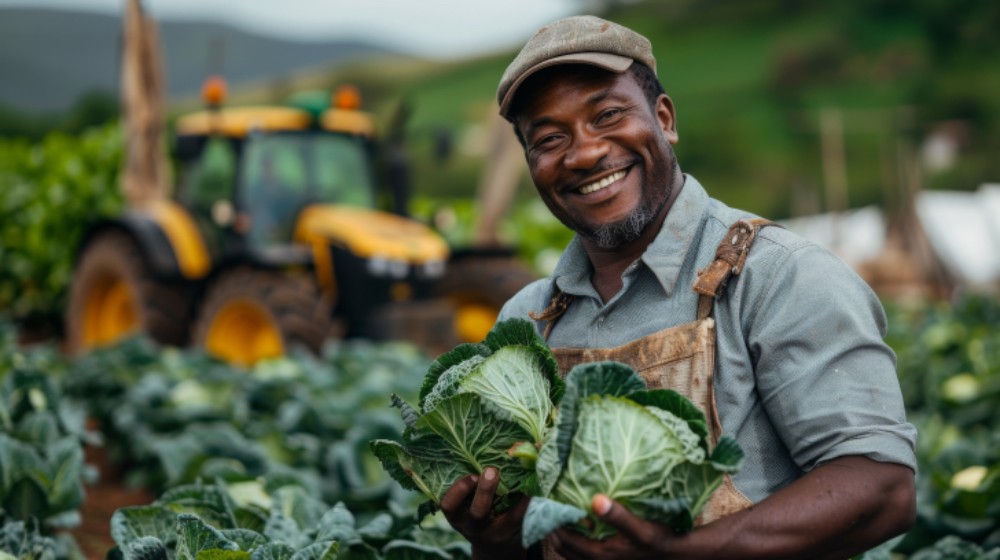The Ministry of Agriculture has announced the immediate suspension of the Tractor and Implements Subsidy under the Temo Letlotlo Programme, citing the achievement of its three-year target in just 14 months. While the programme aimed to assist farmers with mechanization, this decision has sparked mixed reactions among the public, highlighting concerns about inclusivity and the programme’s overall impact.
What Farmers Need to Know
Despite the halt, certain groups of farmers will still receive support under the programme:
1. Approved Applicants: Farmers whose applications were approved by the Ministry.
2. Clients Who Paid Their Contribution: Farmers who had already paid the required 50% deposit to suppliers.
3. Clients with Letters of Undertaking (LoU): Farmers who secured LoUs from the National Development Bank (NDB).
However, no new applications will be accepted, leaving many potential beneficiaries out of the programme.
Public Reactions
The suspension has drawn significant commentary, with many expressing frustration and disappointment. Here are some of the prominent sentiments shared by Batswana:
1. Criticism of Exclusion:
“These were some programmes that were never meant for the poor and low-income earning groups of our people.”
2. Acts of Kindness but Missed Opportunities:
“One gentleman in his 50s, who was approved, even passed the opportunity to another man who could pay the deposit for the said tractors. He said at least another Motswana should benefit. He left empty-handed. The initiatives were from an unpatriotic lot… They just didn’t care.”
3. Marginalization Concerns:
“It left a lot of marginalized communities out; they couldn’t afford the 50% deposit.”
4. Hope for the New Government:
“The government of the people by the people. Now we need to hear how the new government will enable farmers moving forward.”
5. Political Criticism:
“Undoing everything the previous government did seems to be the order of the day, maikutlo 🤣🤣🤣🤣🤣.”
Inclusive Development Still Needed
The programme’s 50% deposit requirement has been a sticking point for many, as it effectively excluded low-income farmers and marginalized communities. Critics argue that while the initiative had potential, it failed to cater to those most in need of support, leaving many feeling neglected by the system.
At the same time, some expressed optimism, calling on the government to ensure future programmes are more inclusive and accessible, with particular attention paid to addressing the needs of the economically disadvantaged.
Looking Ahead
The Ministry has emphasized its commitment to fulfilling obligations to approved applicants and ensuring no pending transactions are left incomplete. However, the suspension underscores the need for a more sustainable and inclusive approach to agricultural support in Botswana.
As the nation waits for clarity on future plans, the focus remains on how upcoming government initiatives will address these gaps, empower farmers, and ensure equitable access to resources.
For now, farmers and stakeholders alike are left reflecting on what worked, what didn’t, and what needs to change moving forward.










